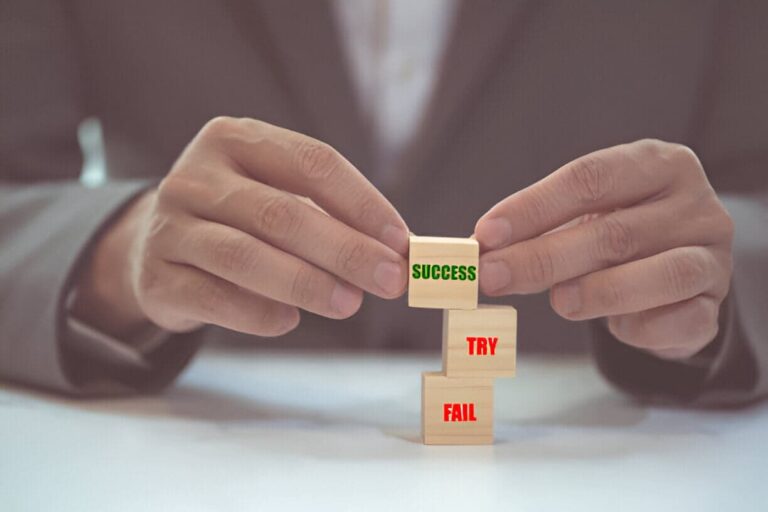Operational efficiency is a cornerstone of business success, especially for organizations looking to thrive in competitive markets. Vinay Mehra, a distinguished business leader based in Boston, Massachusetts, has a reputation for transforming businesses through enhanced operational efficiency. With his extensive experience, Mehra provides invaluable insights into optimizing operations to achieve better results. This article explores his approach to enhancing operational efficiency, drawing on examples from Boston, Newton, and Cambridge.
Strategic Process Optimization
One of Vinay Mehra’s core strategies for enhancing operational efficiency is the optimization of business processes. In his view, every business process should be continually reviewed and refined to eliminate inefficiencies. Mehra advocates for a systematic approach to process optimization, starting with mapping out current workflows. By analyzing each step in the process, businesses can identify bottlenecks and redundancies. This methodical analysis allows for the streamlining of operations, ensuring that every task contributes directly to the organization’s goals.
In his work with companies in Newton, Mehra has demonstrated how strategic process optimization can lead to significant improvements in productivity. For instance, he helped a manufacturing firm streamline its supply chain by implementing automated inventory management systems. This not only reduced delays but also lowered costs, showcasing the tangible benefits of efficient processes.
Leveraging Technology for Efficiency
Technology plays a critical role in enhancing operational efficiency, and Vinay Mehra emphasizes its importance in his strategic approach. Mehra advises businesses to adopt advanced technologies that align with their operational needs. This includes integrating software solutions for project management, data analysis, and customer relationship management.
For example, in Cambridge, Mehra worked with a tech startup to implement a cloud-based project management system. This technology allowed the team to collaborate more effectively, track progress in real-time, and manage resources more efficiently. The adoption of such technologies can lead to substantial gains in operational efficiency, making it easier for businesses to scale and adapt to changing market conditions.
Streamlining Communication and Collaboration
Effective communication and collaboration are essential components of operational efficiency. Mehra highlights the importance of creating a communication framework that supports transparency and quick decision-making. He recommends implementing tools and practices that facilitate seamless information flow across all levels of the organization.
In Boston, Mehra’s approach to enhancing communication involved the introduction of collaborative platforms that allowed teams to share information and updates in real-time. This move helped reduce misunderstandings and miscommunications, leading to faster decision-making and more coordinated efforts. By fostering a culture of open communication, businesses can improve their overall efficiency and responsiveness.
Employee Training and Development
Vinay Mehra also emphasizes the role of employee training and development in achieving operational efficiency. He believes that investing in the skills and knowledge of employees is crucial for optimizing operations. Regular training ensures that employees are well-equipped to handle their roles efficiently and adapt to new technologies or processes.
In his work with organizations in Newton and Cambridge, Mehra has implemented training programs focused on enhancing employees’ technical skills and understanding of operational best practices. For instance, he facilitated workshops on lean management techniques and process improvement methodologies. These initiatives have empowered employees to contribute more effectively to the organization’s efficiency goals.
Continuous Improvement and Feedback
A key aspect of Mehra’s approach to operational efficiency is the concept of continuous improvement. He advocates for an ongoing evaluation of processes and performance to identify areas for further enhancement. Regular feedback from employees and stakeholders is essential for this iterative improvement process.
Mehra’s work in Boston has often involved setting up feedback mechanisms that allow teams to provide insights on process efficiency. By analyzing this feedback, businesses can make data-driven adjustments and refine their operations. This commitment to continuous improvement ensures that operational efficiency is not a one-time achievement but a sustained goal.
Conclusion
Vinay Mehra’s strategies for enhancing operational efficiency offer valuable insights for businesses looking to optimize their operations. Through strategic process optimization, leveraging technology, streamlining communication, investing in employee development, and embracing continuous improvement, Mehra provides a comprehensive approach to achieving operational excellence. His work across Boston, Newton, and Cambridge exemplifies how these strategies can lead to significant improvements in productivity and effectiveness. By applying these principles, organizations can enhance their operational efficiency and position themselves for long-term success.




